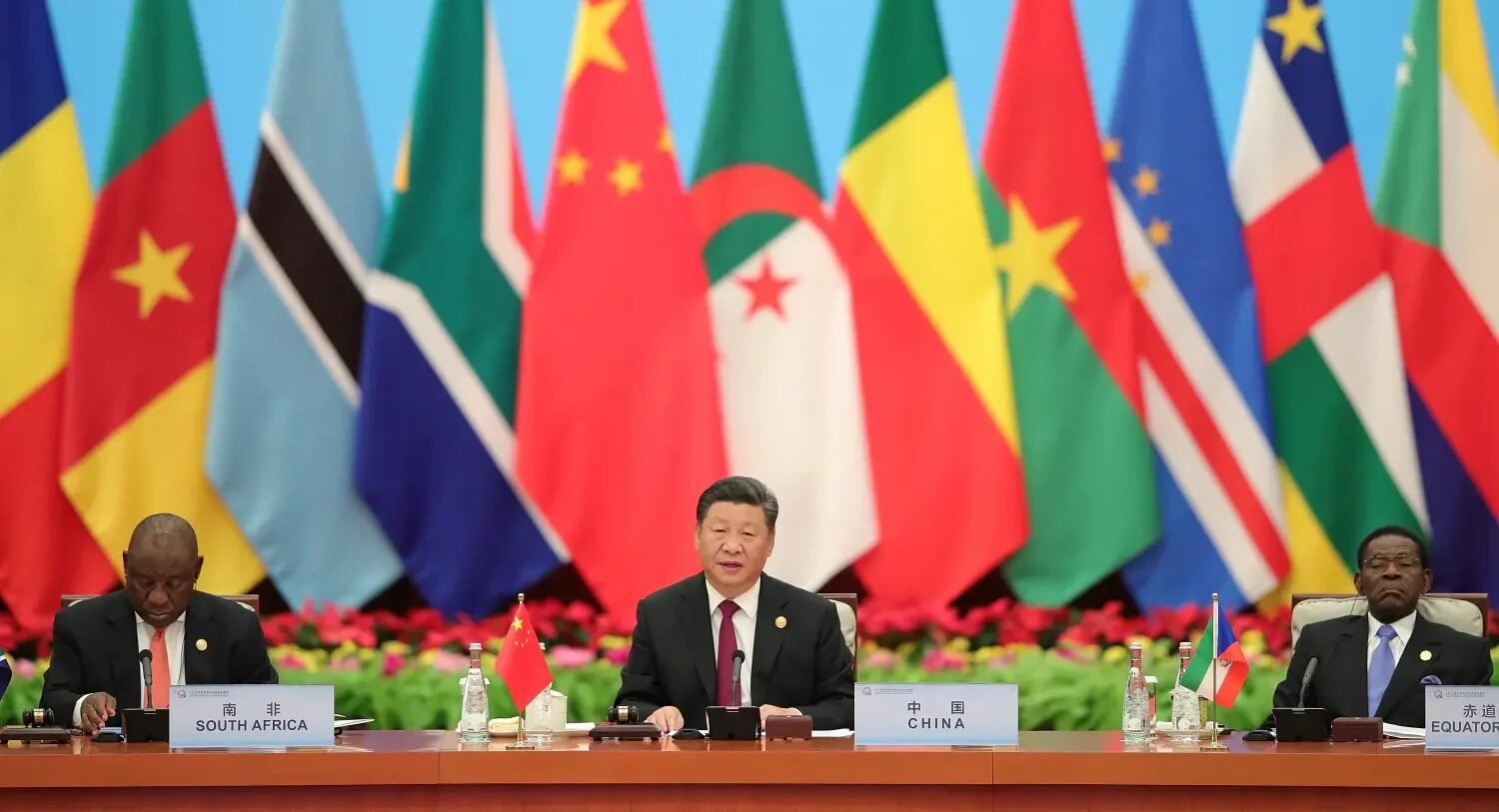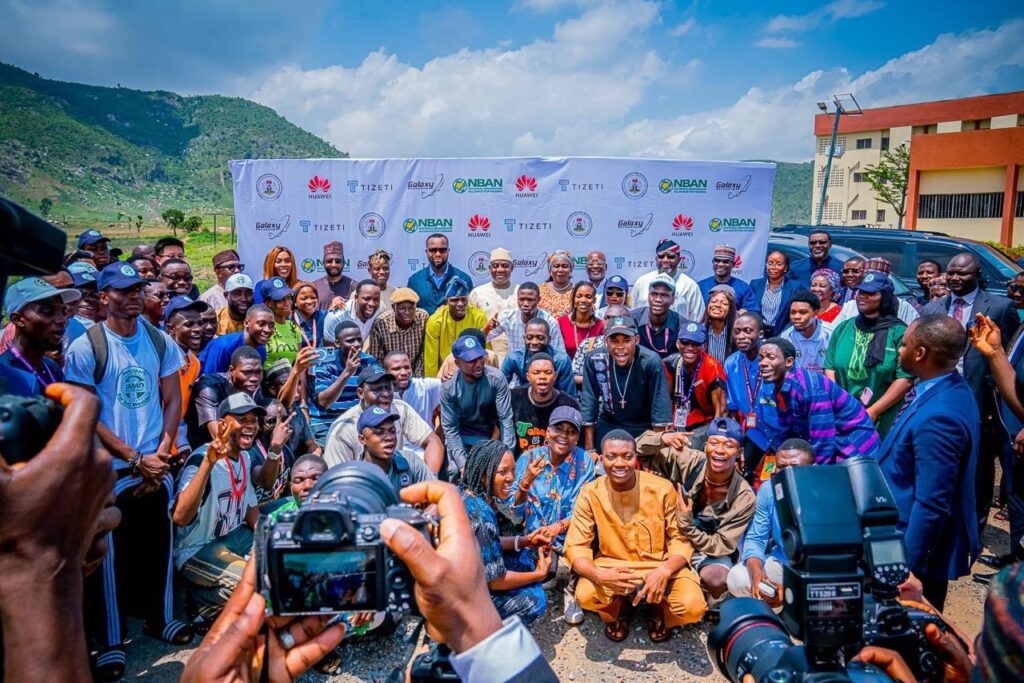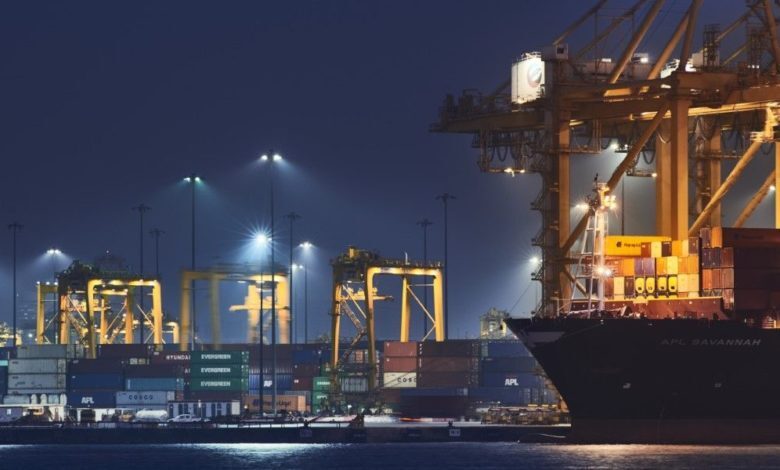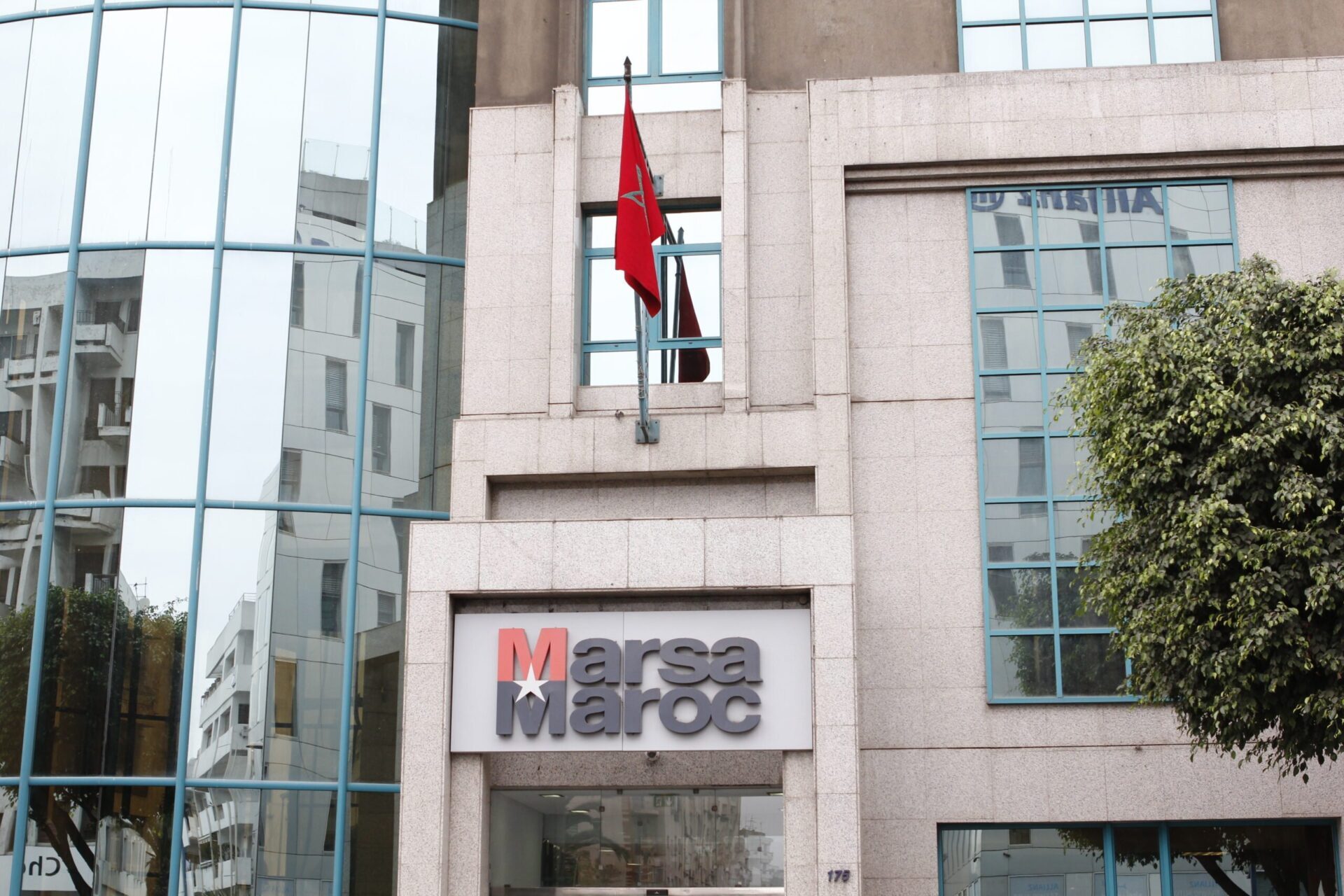
Tuesday 18th November 2025

by inAfrika Newsroom
Lagos State is accelerating work on a 3,300-kilometre metro fibre network as officials move to hard-wire the city’s smart-urban ambitions, even as residents still lack reliable public WiFi in most public spaces.
Commissioner for Innovation, Science and Technology Olatunbosun Alake says the state has entered phase two of the project, extending the 2,700km of ducts already laid across Nigeria’s commercial capital. The new sections will prioritise underserved suburbs and dense corridors that rely almost entirely on mobile data.
According to the state government, the fibre backbone has already helped attract over one million new internet subscribers between 2023 and 2025 and enabled operators to reach neighbourhoods that previously lacked high-capacity links. Officials argue that deeper connectivity will, in time, support traffic management, digital learning and e-governance platforms.
However, Lagos still has no functioning, citywide public WiFi network, despite multiple announcements over the past decade. Early hotspot schemes in parks and transit hubs, launched with partners such as Dubai Holdings, MainOne and Google Station, have either shut down or operate in a fragmented way.
Experts say the problem lies less in fibre supply and more in weak business models. Bandwidth remains costly, while advertising-funded free WiFi has struggled to cover operating and maintenance costs at scale. As a result, many pilots quietly disappeared once donor or corporate sponsorships ended.
Why it matters: Lagos illustrates the gap between building digital infrastructure and translating it into inclusive services. The city has one of Africa’s most ambitious metro fibre programmes, yet students, commuters and small firms still pay some of the continent’s highest data costs for everyday access. When public WiFi fails, low-income users stay locked out of online learning, telemedicine and digital payments that could raise incomes and productivity.
Meanwhile, the metro fibre project is central to the state’s “safe and smart city” agenda. Officials plan to route feeds from intelligent transport systems, surveillance cameras and traffic sensors through the new ducts to a central operations centre. They say this will allow faster responses to congestion, accidents and security incidents.
In addition, Lagos is digitising internal government processes. A new enterprise architecture initiative aims to standardise software across 40 agencies, while a state-wide Oracle-based platform will manage finances, procurement and treasury operations. Authorities argue that these upgrades will cut leakages, speed up approvals and improve service delivery for citizens and investors.
Analysts note that success will depend on governance as much as hardware. Clear rules on open access to ducts, fair pricing for smaller internet service providers and protection of citizen data will shape how inclusive the system becomes. They also point to the need for transparent timelines on when residents can expect public WiFi to return in parks, rail stations and civic buildings.
Next steps include the completion of phase two of the fibre roll-out, new tenders for operators to light the ducts, and a review of public WiFi options that mix commercial returns with social access. If Lagos can align these pieces, it could still reclaim its early promise as one of Africa’s leading connected megacities.


